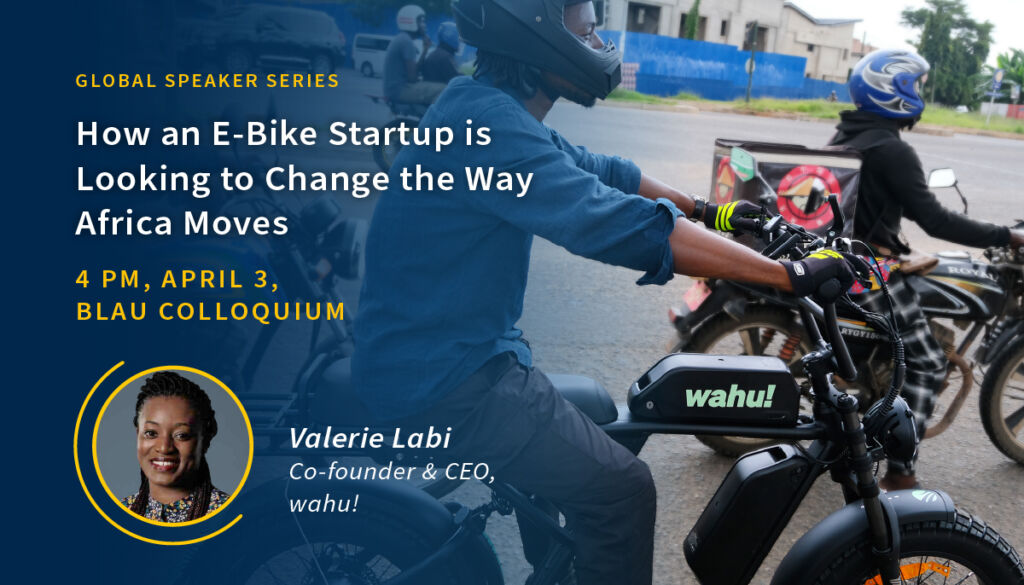Educators from Mexico poised to develop programming and research for Zero-Emission Vehicle transition
ANN ARBOR, MI – The William Davidson Institute (WDI) at the University of Michigan is hosting a group of 12 engineering faculty from six different universities and research institutes in the state of Chihuahua, Mexico, as part of a study visit to Michigan this week. The visit is part of the Zero-Emissions Vehicle (ZEV) academic partnership implemented by WDI with support from the U.S. Mission Mexico Public Diplomacy Section.
The shift to ZEVs means educational and training institutions around the world must adapt their curricula to better respond to the evolving talent needs of the automotive industry. Educators will need to develop new courses in emerging areas, update lab equipment and facilities for hands-on training and testing, and identify new research areas, WDI research shows.
With ZEV production growing across North America and around the globe and with many new players entering the industry, preparing the workforce that will enable this transition becomes crucial. In the state of Chihuahua, Mexico, which has a robust automotive manufacturing industry, several universities are interested in integrating ZEV-related content into existing courses and creating new ones, launching new areas of research, and establishing ZEV innovation centers to propel the state toward an electric future. Partnerships are vital for educational institutions in reaching these goals.
“We recognize that the ZEV industry requires a new generation of workers with different skills and competencies,” said Fernando Alba, Undersecretary for Energy, Mining and Industry of the State of Chihuahua. “Just as we provide the talent for the traditional automotive industry, we will be well positioned to support this shift to electrification in Chihuahua, a region known for its strong manufacturing base and skilled workforce. The ZEV academic partnership and our broader engagement with WDI are helping us access world-class expertise from Michigan and develop new academic and business collaborations.”
Within academic institutions, this shift is being felt in the classrooms, in the labs, and beyond—and key to the success of new endeavors is the faculty teaching, researching, and innovating in this space.
Before arriving in Michigan, ZEV program faculty participants completed a virtual program over the course of six months, which was designed by WDI and provided an overview of Michigan’s approach to developing ZEV talent, highlighting programs and initiatives from U-M and other players across the state.
The visit is providing an immersive experience for faculty by sharing teaching and research related to ZEVs in Michigan, with the goals of deepening their knowledge and seeding future collaborations in this area. Throughout the week, the group will tour the University of Michigan’s Battery and Auto Labs, the Ford Robotics Building, Mcity, and other U-M engineering facilities. The visiting faculty also will meet with students, including teams and clubs such as the U-M Solar Car team, U-M Electric Boat, Michigan Mars Rover team, Supermileage club and Michigan Climate Ventures.
“Universities and other educational institutions working to update their existing curricula or create new programs to develop ZEV talent will need faculty with the knowledge to teach this new content, said Diana E. Páez, Senior Director, Energy & Mobility. “This means that upskilling is not limited to industry—academia too must invest in preparing educators and researchers to teach and innovate around ZEV technology.”
Beyond U-M, the group also has the opportunity to learn about ZEV training programs offered at Washtenaw Community College and to connect with faculty and experts at Macomb Community College and tour its ZEV lab. Finally, the group is connecting with ZEV startups in Detroit and visiting Newlab, a hub for entrepreneurship and mobility innovation in the city.
Capping off the study visit, the participants are completing a technical training on vehicle electrification and battery systems taught by U-M Engineering faculty and organized by Nexus at U-M Engineering, delving deeper into the most important aspects of these technologies and acquiring relevant expertise and sample lessons to incorporate in their own teaching.
Equipped with enhanced technical knowledge on these topics and with the insights gleaned from their week in Michigan, faculty participants will next develop proposals for new project ideas or collaborations within and across their universities and with interested Michigan institutions. The proposals will focus on training, research or innovation related to ZEVs.
Participating engineering faculty hail from the Universidad Autónoma de Ciudad Juárez, Universidad Autónoma de Chihuahua, Universidad Politécnica de Chihuahua, Instituto Tecnológico de Estudios Superiores de Monterrey Campus Chihuahua, Centro de Investigación en Materiales Avanzados, and Instituto Tecnológico de Ciudad Juárez.
The ZEV academic partnership builds on WDI’s ongoing collaboration with the Secretaría de Innovación y Desarrollo Económico (SIDE) and Instituto de Innovación y Competitividad (I2C) from the State of Chihuahua to help a wide range of stakeholders navigate the transition to electrification in the automotive industry.

![]()
![]()